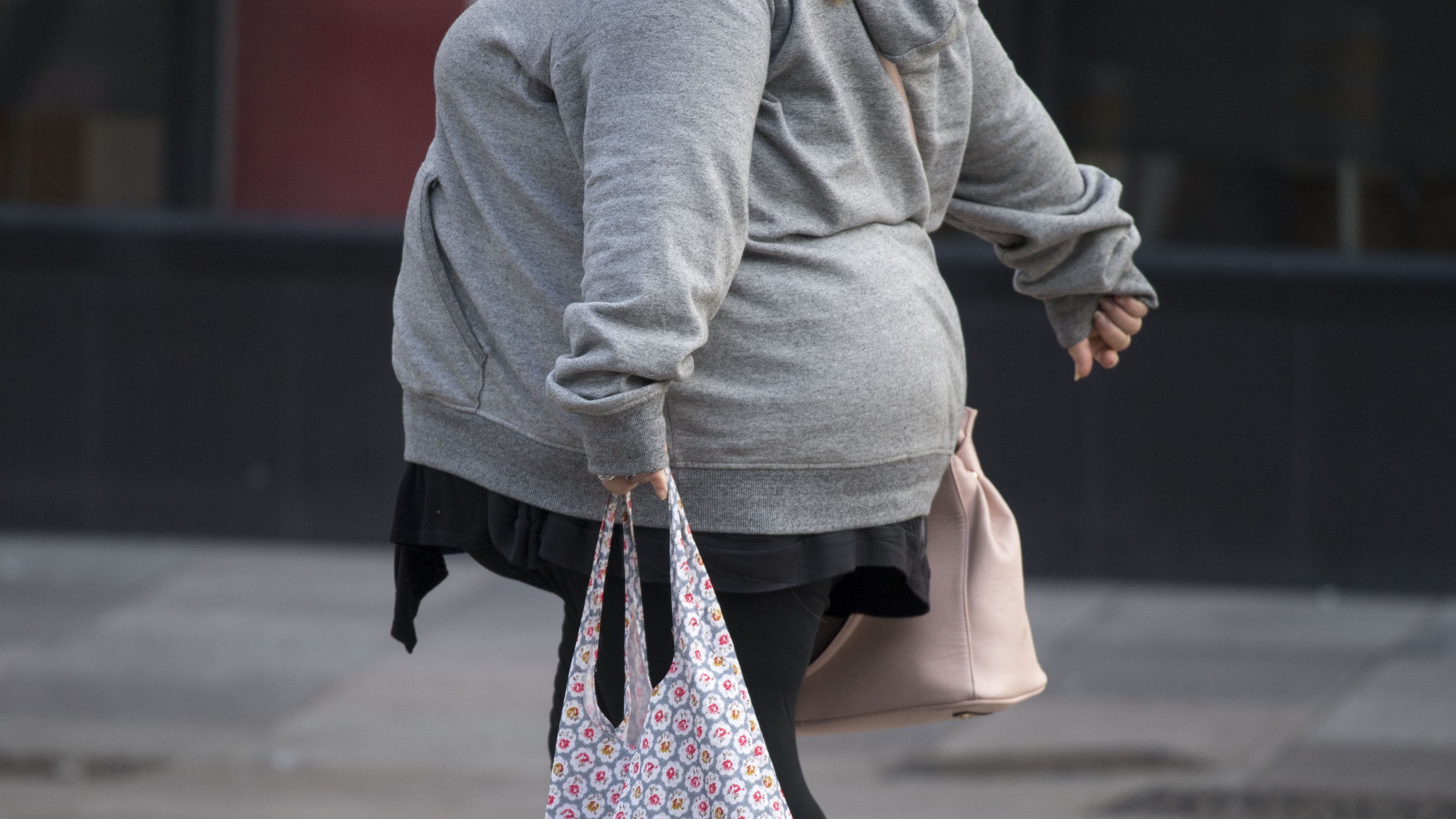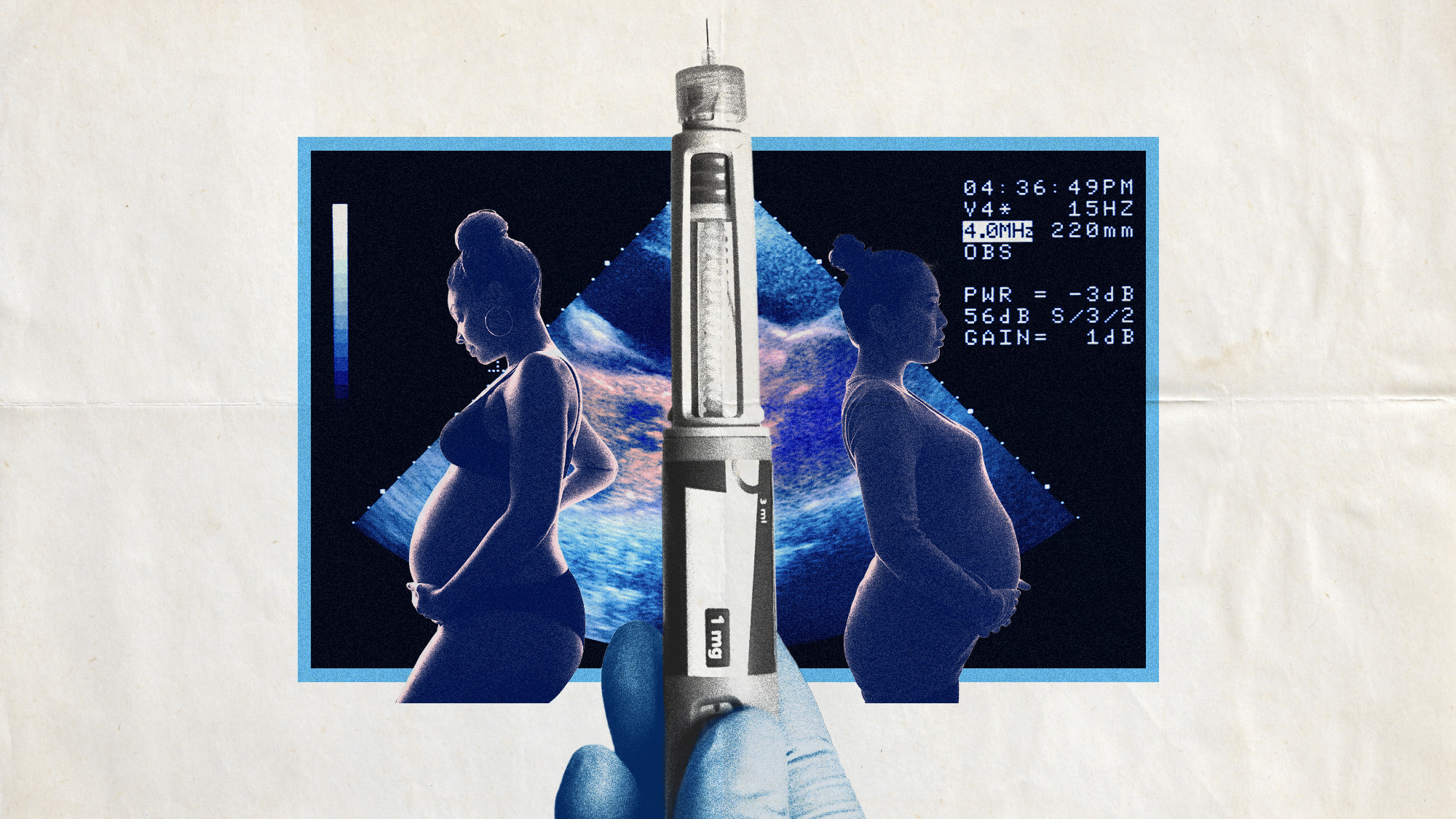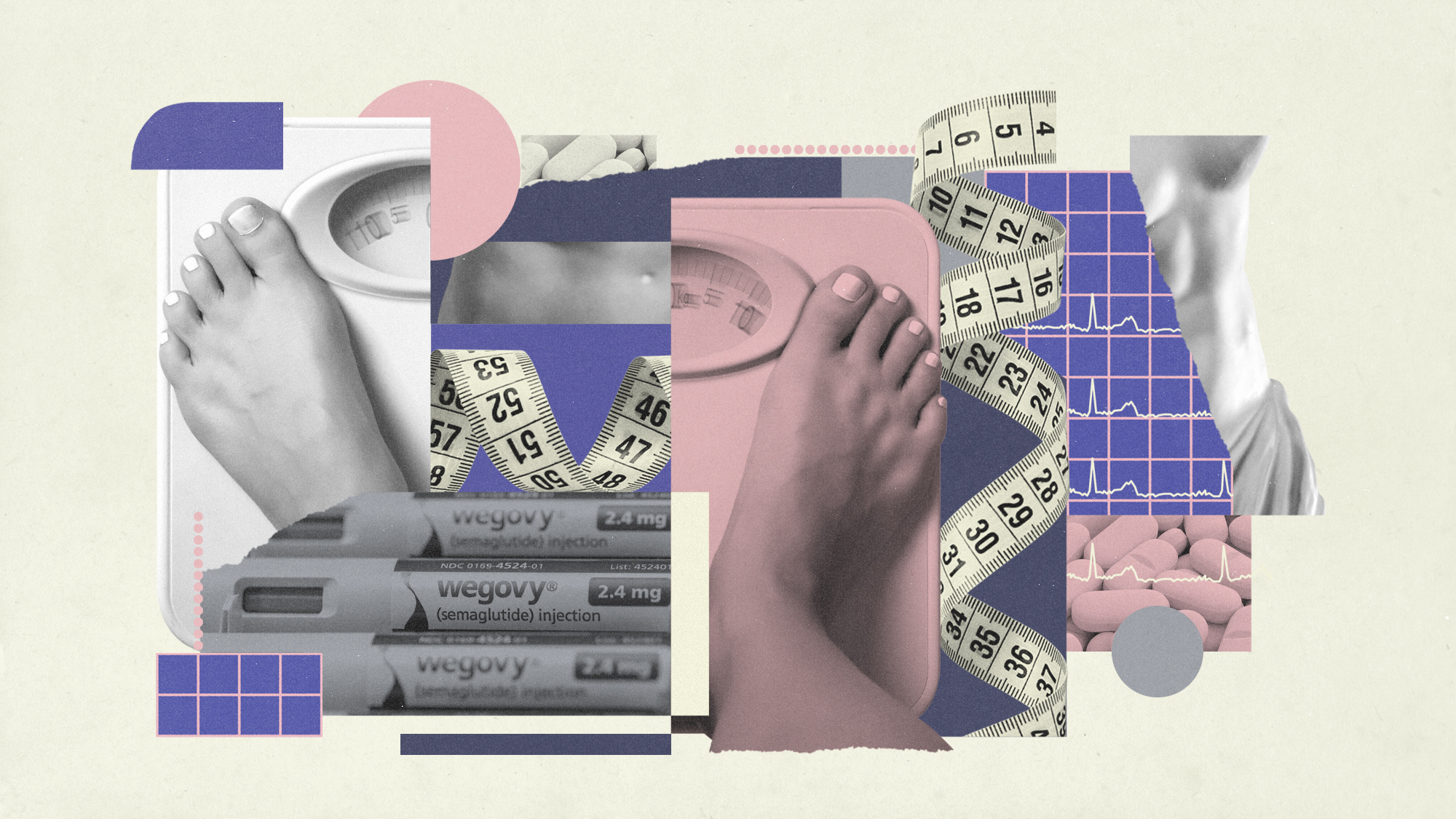The link between childhood obesity and midlife health crisis examined
Obese ten-year-olds are 25% more likely to suffer diabetes and high blood pressure by midlife, says new study

A free daily email with the biggest news stories of the day – and the best features from TheWeek.com
You are now subscribed
Your newsletter sign-up was successful
Obesity in childhood has been linked to multiple health problems in later life by a new study from University College London (UCL).
The research suggested that more than a third of middle-aged adults have multiple health problems, such as recurrent back problems, mental ill-health, high blood pressure, diabetes and high-risk drinking – with an increased risk for people who were overweight or obese by the age of ten.
Researchers from UCL have been tracking almost 8,000 “Generation X” adults since they were born and found that 34% aged between 46 and 48 have two or more long-term health conditions, reports The Telegraph.
The Week
Escape your echo chamber. Get the facts behind the news, plus analysis from multiple perspectives.

Sign up for The Week's Free Newsletters
From our morning news briefing to a weekly Good News Newsletter, get the best of The Week delivered directly to your inbox.
From our morning news briefing to a weekly Good News Newsletter, get the best of The Week delivered directly to your inbox.
Those who were obese ten-year-olds were 25% more likely to suffer the combination of diabetes and high blood pressure by midlife. For every one-point decrease in Body Mass Index (BMI) by the age of ten, there was a 3% fall in the risk of midlife health problems.
“Lower birthweight, and emotional problems in adolescence also increased the chance of multiple chronic health problems, such as diabetes, high blood pressure and back pain, in middle age,” reports the paper.
The research, published in the BMC Public Health journal, is said to be the first major study to track the impact of childhood obesity over a lifetime.
While the findings were “not directly compared with previous generations”, the paper researchers said it suggested “a decline in healthy lifestyles”.
A free daily email with the biggest news stories of the day – and the best features from TheWeek.com
The lead author on the study, Dr Dawid Gondek, said: “This study provides concerning new evidence about the state of the nation’s health in midlife.
“It shows that a substantial proportion of the population are already suffering from multiple long-term physical and mental health problems in their late 40s, and also points to stark health inequalities which appear to begin early in childhood.”
According to government data, obesity is “one of the biggest health crises the country faces”, costing the NHS a staggering £6bn a year.
Almost two-thirds (63%) of adults in England are overweight or living with obesity – while one in three children leave primary school overweight or obese, according to government figures.
Last week, the government announced a new strategy aimed at tackling what it dubbed “the obesity time bomb”, with a renewed focus on managing the weight of the nation “brought to the fore by evidence of the link to an increased risk from Covid-19”.
The strategy includes a national rewards programme where “loyalty points” could be accumulated by buying healthier foods and increasing exercise, which could be exchanged for discounts, free tickets and other possible incentives.
-
 How the FCC’s ‘equal time’ rule works
How the FCC’s ‘equal time’ rule worksIn the Spotlight The law is at the heart of the Colbert-CBS conflict
-
 What is the endgame in the DHS shutdown?
What is the endgame in the DHS shutdown?Today’s Big Question Democrats want to rein in ICE’s immigration crackdown
-
 ‘Poor time management isn’t just an inconvenience’
‘Poor time management isn’t just an inconvenience’Instant Opinion Opinion, comment and editorials of the day
-
 Obesity drugs: Will Trump’s plan lower costs?
Obesity drugs: Will Trump’s plan lower costs?Feature Even $149 a month, the advertised price for a starting dose of a still-in-development GLP-1 pill on TrumpRx, will be too big a burden for the many Americans ‘struggling to afford groceries’
-
 The battle of the weight-loss drugs
The battle of the weight-loss drugsTalking Point Can Novo Nordisk and Eli Lilly regain their former stock market glory? A lot is riding on next year's pills
-
 Food may contribute more to obesity than exercise
Food may contribute more to obesity than exerciseUnder the radar The devil's in the diet
-
 Why women are most at risk in Africa's obesity crisis
Why women are most at risk in Africa's obesity crisisUnder the Radar Stigma and lack of access to medication draws comparisons with HIV epidemic
-
 Why are people microdosing Ozempic?
Why are people microdosing Ozempic?In The Spotlight Tiny doses of the weight-loss drug can sidestep its unpleasant side effects, say influencers. But is customising the dose a good idea?
-
 Ozempic babies: a surprise side effect of weight loss drugs
Ozempic babies: a surprise side effect of weight loss drugsunder the radar Murmurs of unexpected pregnancies while taking semaglutide-based drugs are growing on social media
-
 Why Americans are getting shorter
Why Americans are getting shorterUnder the radar Wealth inequality handed the country's citizens the short end of the stick
-
 2023: the year of the weight-loss drug craze
2023: the year of the weight-loss drug crazethe explainer From celebs to social media, Ozempic was everywhere this year